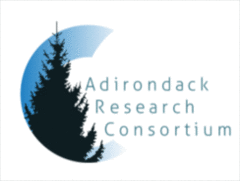Abstract
Local governments often find their ability to engage in environmental work limited by, among other things, time and expertise. Citizen science can be used as an organizing principle to initiate and revitalize the environmental work of local governments. Citizen science connects interested citizens with professional experts in generated knowledge about the environment. The most promising focal environmental actions often are those developed and run by interested and motivated citizens, or professionals, but rarefy do the two collaborate. Citizen science taps in to the deeply American tradition of populism by connecting citizens with a common cause, in this case the environment. Citizen science, as an organizing principle, can revitalize local environmental agencies like Environmental Management Councils and Conservation Advisory Commissions in New York State. More broadly, citizen science can broaden the environmental agenda by connecting citizens to the environmental commons through public work.
Recommended Citation
Rosales, Jon and Montan, Jon
(2010)
"Citizen Science as an Organizing Principle for The Environmental Work of Local Government In the Adirondack Region,"
Adirondack Journal of Environmental Studies: Vol. 16:
No.
1, Article 9.
Available at:
https://digitalworks.union.edu/ajes/vol16/iss1/9




